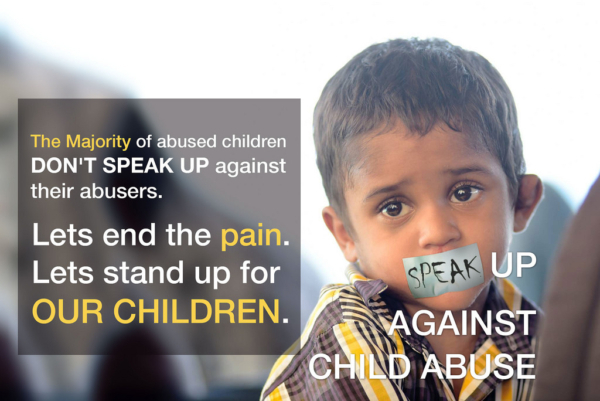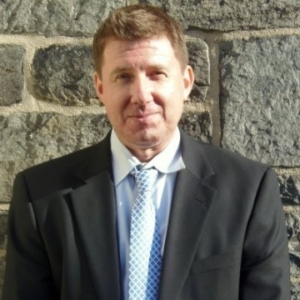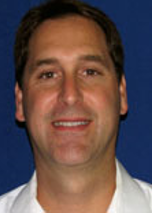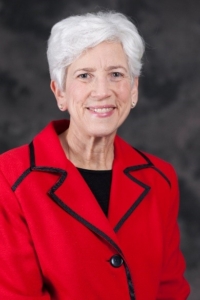

Trifecta
September 19, 2019 - September 20, 2019

THE FALL 2019 TRIFECTA IS SOLD OUT.
PSCP WILL OFFER ANOTHER MANDATED CHILD ABUSE REPORTING PROGRAM AS WELL AS AN ADDITIONAL ETHICS PROGRAM IN THE FALL.
Trifecta
Temple Ambler Campus at 580 Meetinghouse Rd. Ambler, PA 19002
Learning Center 202/203
Earn credits for all 3 mandatory workshops, Child Abuse, Suicide, and Ethics
Updated Child Abuse and Trafficking Recognition and Reporting Training for Mandated Reporters in Pennsylvania
Time: 8:45am to 11:45am
Presented By: Ivan Haskell, Ph.D.
3.0 CE credits
Act 31 credits
Act 48 credits
YOU MUST REGISTER WITH EXACTLY HOW YOUR NAME APPEARS ON YOUR PA PROFESSIONAL LICENSE
Important note: Even if you have taken this course during your last licensing period, this course is updated, allows for new CE credits, and satisfies your new requirement with the state of Pennsylvania in this new licensing period.
In accordance with a Pennsylvania mandate for all health care professionals and funeral directors, PSCP: The Psychology Network presents this three hour workshop to discuss the obligation of mandated reporters and moral obligation of permissive reporters to report reasonable suspicions of child abuse and child labor and
sexual trafficking.
Objectives:
- Discussing the differences between Child Protective Services and General Protective Services
- Describing components of Child abuse and Exclusions to Child Abuse.
- Listing common signs of Child Abuse and Sexual abuse
- Describing Mandatory and Permissive Child Abuse Reporters and penalties for not reporting.
- Describing Sex and Labor Trafficking and Methods of Reporting.
 Ivan Haskell, Ph.D. is the Executive Director of the Joseph J. Peters Institute, an outpatient assessment, treatment and prevention program serving survivors of sexual abuse and offenders with specialized programs for children, adolescents and adults in Center City Philadelphia. Dr. Haskell has a Ph.D. in Clinical-Community Psychology from the University of South Carolina and is a licensed psychologist in Pennsylvania. Over the last fifteen years, his focus has been on the design, implementation, and direction of child and adult community mental health programs. Dr. Haskell has served as the clinical and administrative director of several publiclyfunded mental health programs in Philadelphia and surrounding communities. These programs have been located in traditional clinics as well as in school-based settings. In 2010, he assumed the role of Director of Social and Psychological Services at Mastery Charter Schools, where he was instrumental in creating its social work and counseling/therapy programs. Prior to assuming the role of Executive Director at the Joseph J. Peters Institute, Dr. Haskell served as the Chief Program and Clinical Officer at Northern Children’s Services. Dr. Haskell is interested in the application of evidence-based practice in community and school settings, the design and implementation of effective prevention programs, and the use of effective performance-based data for program improvement.
Ivan Haskell, Ph.D. is the Executive Director of the Joseph J. Peters Institute, an outpatient assessment, treatment and prevention program serving survivors of sexual abuse and offenders with specialized programs for children, adolescents and adults in Center City Philadelphia. Dr. Haskell has a Ph.D. in Clinical-Community Psychology from the University of South Carolina and is a licensed psychologist in Pennsylvania. Over the last fifteen years, his focus has been on the design, implementation, and direction of child and adult community mental health programs. Dr. Haskell has served as the clinical and administrative director of several publiclyfunded mental health programs in Philadelphia and surrounding communities. These programs have been located in traditional clinics as well as in school-based settings. In 2010, he assumed the role of Director of Social and Psychological Services at Mastery Charter Schools, where he was instrumental in creating its social work and counseling/therapy programs. Prior to assuming the role of Executive Director at the Joseph J. Peters Institute, Dr. Haskell served as the Chief Program and Clinical Officer at Northern Children’s Services. Dr. Haskell is interested in the application of evidence-based practice in community and school settings, the design and implementation of effective prevention programs, and the use of effective performance-based data for program improvement.

Suicide: Risk factors, protective factors, and safety planning
Time: 12pm to 1pm
Presented By: Kyle Holsinger, Psy.D.
1.0 CE credit
Act 48 credit
The current presentation will highlight common risk factors and warning signs of suicide in a variety of populations and ages. In addition, protective factors and deterrents of suicide will be explored and discussed. Finally the program will focus on a discussion of safety planning theory and incorporating a safety plan into patient treatment goals and practice.
Objectives:
- Able to describe and articulate risk factors and Warning Signs of suicide.
- Able to list the steps necessary to assess a variety og populations at risk for suicide.
- Able to articulate ways to manage and treat patients who are at risk of suicide.
- Able to describe and implement a Safety Plan in treatment with patients at risk for suicide.
- Able to describe and incorporate suicide theory into assessment and practice.

Kyle Holsinger, Psy.D., is a licensed psychologist in the state of Pennsylvania, and he received a Doctorate of Psychology degree from the Philadelphia College of Osteopathic Medicine in 2005. He is the Clinical Director for Delaware County Professional Services (DCPS). DCPS is an outpatient mental health practice with 60 therapists and psychiatrist, servicing all ages and providing individual, couples, and family therapies. He developed the practice’s Primary Health Care Integration program, and has collaborated with numerous internal medicines, family medicine and pediatric offices. DCPS currently has therapists inside of 10 primary care physician offices. Dr. Holsinger has a special interest in treating populations with chronic medical conditions.

Hot Topics in Ethics: Applying Positive Ethics to Therapeutic Practice, Consultation and Interventions
Time: 1:15pm to 4:15pm
Presented By: Linda Knauss, Ph.D., ABPP
3.0 CE
Act 48
This is a vignette-based workshop focusing on the issues that generate the most questions to local, state, and national ethics committees. In addition to boundary issues and confidentiality, topics include how to handle politics in the therapy session, what happens when clients name you in their will, end of life issues, addiction and internet dilemmas. The vignettes are designed to promote discussion. This workshop will involve participants in the application of ethical decision making to the practice of professional psychology. Participants are invited to discuss ethical dilemmas from their own practices.
Objectives:
At the end of the workshop participants will be able to:
- Identify the relevant ethical principles related to a variety of ethical dilemmas.
- Apply positive ethics to therapeutic practice.
- Improve ethical decision-making skills.

Linda K. Knauss, Ph.D., ABPP, is a professor at Widener University’s Institute for Graduate Clinical Psychology. She has served as the Chair of the Ethics Committees of the American Board of Professional of Professional Psychology, the American Psychological Association, the Pennsylvania Psychological Association and as Co-chair of the Philadelphia Society of Clinical Psychologists’ Ethics Committee. Dr. Knauss has authored several book chapters and journal articles on ethics and has taught ethics at many local universities as well as continuing education workshops on a variety of topics in ethics. Dr. Knauss maintains a private practice where she sees children, adolescents, adults and families.
PSCP: The Psychology Network is approved by the American Psychological Association to sponsor continuing education for psychologists. PSCP: The Psychology Network maintains responsibility for this program and its content.
